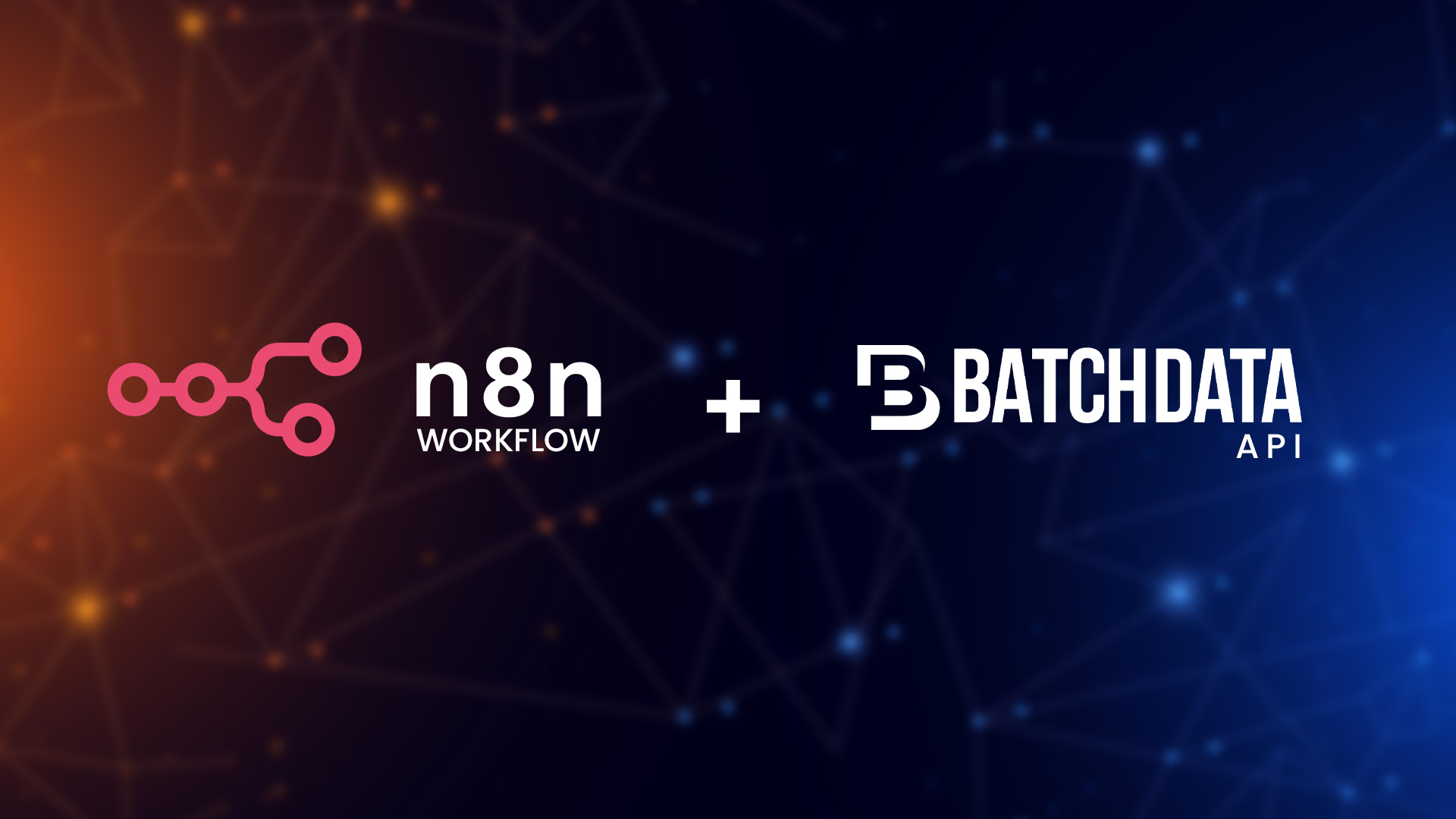The real estate world is undergoing a seismic transformation. With a $70 trillion total asset value in the U.S., employing over 14 million individuals, and funding 72% of local budgets, real estate has always been a cornerstone of the economy. Yet, this massive industry faces mounting challenges: rising interest rates, escalating labor costs, housing shortages, and evolving land-use trends. In this dynamic environment, PropTech – technology designed specifically for real estate – is emerging as a powerful solution, promising efficiency, transparency, and innovation for property managers, tenants, and investors alike.
This article examines how PropTech is revolutionizing real estate operations, the hurdles it faces, and the exciting opportunities it presents. Drawing from expert discussions with industry pioneers, we dive into actionable insights and potential breakthroughs that could reshape the real estate landscape.
The State of Real Estate: Challenges Driving the Need for PropTech
Real estate is no stranger to disruption. Rising vacancy rates in commercial real estate, shifting preferences for housing, and resource inefficiencies are reshaping the market. For example, cities like Boston, once struggling with life science and office space shortages, now face an oversupply of such properties. Meanwhile, single-family housing markets are plagued by fragmented data, while multifamily housing operators are trying to streamline leasing processes in a competitive market.
These challenges create fertile ground for PropTech innovations, which aim to address pain points like:
- Data Transparency: Landlords and brokers often hoard data, leading to inefficiencies.
- Inefficient Workflows: Manual, repetitive tasks like leasing, tenant screening, and reporting are ripe for automation.
- Tenant-Centric Experiences: Many legacy systems focus on buildings but fail to prioritize the people who occupy them.
The Role of PropTech in Solving Industry Problems
PropTech aims to create smarter, faster, and more efficient processes in real estate. Below are some of the key areas where it’s making a difference:
1. Data-Driven Insights and Automation
One recurring theme is the lack of transparency in real estate data. Brokers and landlords often withhold critical information like unit availability and pricing, making it difficult for tenants and buyers to make informed decisions. PropTech solutions, like advanced data aggregation tools, are helping:
- Automate valuation processes with real-time data insights.
- Improve decision-making by using large datasets to identify trends and inefficiencies.
For instance, one expert shared how AI-powered tools are analyzing leasing phone calls to identify behavioral patterns and improve lead-to-conversion rates. Aggregating insights across companies, while maintaining data privacy, can unlock powerful, actionable insights.
2. Enhanced Tenant and Customer Experiences
A constant critique of real estate innovation is its tendency to focus on physical spaces rather than the people occupying them. Tools that personalize tenant experiences – like AI-driven leasing assistants and customer-centric platforms – are proving crucial.
- In multifamily housing, PropTech platforms offer real-time responses to tenant inquiries, help agents personalize interactions, and even recommend better-suited rental options.
- In commercial real estate, platforms are emerging to rank landlords based on tenant experiences, improving accountability and making tenant feedback more impactful.
3. Flexibility in Housing Solutions
The demand for midterm and flexible housing options, like furnished rentals lasting 1–11 months, is growing. Yet, data supporting this segment is sorely lacking. PropTech innovators are beginning to address this with tools that aggregate fragmented rental data, making it easier for renters and investors to access flexible housing solutions.
4. Operational Efficiency Through AI
Agentic AI, or AI-powered workflows, is revolutionizing how tasks are automated in real estate. Unlike generic AI tools, these workflows are tailored for specific real estate verticals, helping professionals:
- Conduct real-time lease management using predictive analytics.
- Automate mundane yet critical tasks like vacancy reporting, maintenance scheduling, and lead follow-ups.
These systems free up time for brokers and managers to focus on high-value engagements rather than repetitive tasks.
Barriers to PropTech Adoption
Despite its promise, PropTech adoption is not without challenges:
1. Data Silos and Resistance
Many brokers and landlords resist sharing data, fearing a loss of competitive advantage. This lack of cooperation slows innovation and limits the potential of centralized platforms. One expert shared how some landlords intentionally display inaccurate unit availability data to force brokers to call, creating inefficiencies.
2. Job Displacement Concerns
Large-scale adoption of AI and automation could lead to job redundancies, particularly among administrative and support staff. This fear creates hesitation among organizations to fully embrace technology, despite its potential to drive growth and profitability.
3. Integration Challenges
Existing property management systems (PMS) often lack modern APIs or charge exorbitant fees for integrations. For example, some PMS providers reportedly charge $25,000 per year for accessing a single API, limiting innovation and discouraging partnerships.
4. Complexity of Tools
Many PropTech solutions are overly complex, requiring significant training. If tools aren’t intuitive, they risk low adoption rates among brokers, property managers, and leasing agents.
Low-Hanging Fruit: Opportunities for Innovation
Several underutilized opportunities in PropTech could revolutionize the industry:
- Smart Data Sharing Models: Platforms that enable collective insights without compromising proprietary data could help overcome data silos.
- Midterm Rental Market Development: Building dynamic pricing tools for flexible, furnished rentals could unlock untapped potential in this growing segment.
- Operational Transparency: Tools that rank landlords based on tenant experiences could incentivize better maintenance and responsiveness.
- AI-Driven Personalization: Systems that help leasing agents customize renter interactions show tremendous promise for improving renter satisfaction and reducing vacancies.
Key Takeaways
- AI is Transforming Real Estate: Agentic AI workflows are automating repetitive tasks, improving decision-making, and driving operational efficiency across sectors.
- Human-Centric Tools Are Key: Solutions that prioritize tenant and customer experiences, such as leasing personalization and tenant feedback systems, stand out.
- Data Transparency is Essential: Breaking down barriers to data sharing could unlock significant opportunities for brokers, landlords, and tenants.
- Affordable Housing Needs Innovation: Construction-focused PropTech and tools for streamlining midterm rentals could address affordability and availability challenges.
- Simplicity Drives Adoption: Overly complex tools struggle to gain traction. Intuitive design and user-first development are critical for success.
- Opportunities Abound in Flexible Rentals: The midterm rental market remains underserved, presenting a fertile area for innovation.
- Build Trust Over Time: PropTech providers should focus on demonstrating ROI and incremental value to overcome resistance and build trust with users.
Conclusion
As PropTech continues to evolve, it holds the potential to transform real estate practices, making them more efficient, transparent, and people-focused. However, unlocking its full potential requires overcoming barriers like data silos, job displacement fears, and integration challenges. By focusing on tenant-centric innovation and collaboration, PropTech can not only address the challenges of today’s market but also lay the foundation for a more dynamic and equitable future in real estate.
For professionals in real estate, PropTech is not just an opportunity – it’s a necessity. Whether you’re a property manager seeking to streamline operations, a broker looking for actionable insights, or an investor exploring new markets, the integration of technology into real estate practices is the next frontier. The time to embrace it is now.
Source: "How Proptech is Shaping the Future of Real Estate" – Startup Boston, YouTube, Sep 17, 2025 – https://www.youtube.com/watch?v=qFtCsJGQKjQ
Use: Embedded for reference. Brief quotes used for commentary/review.



